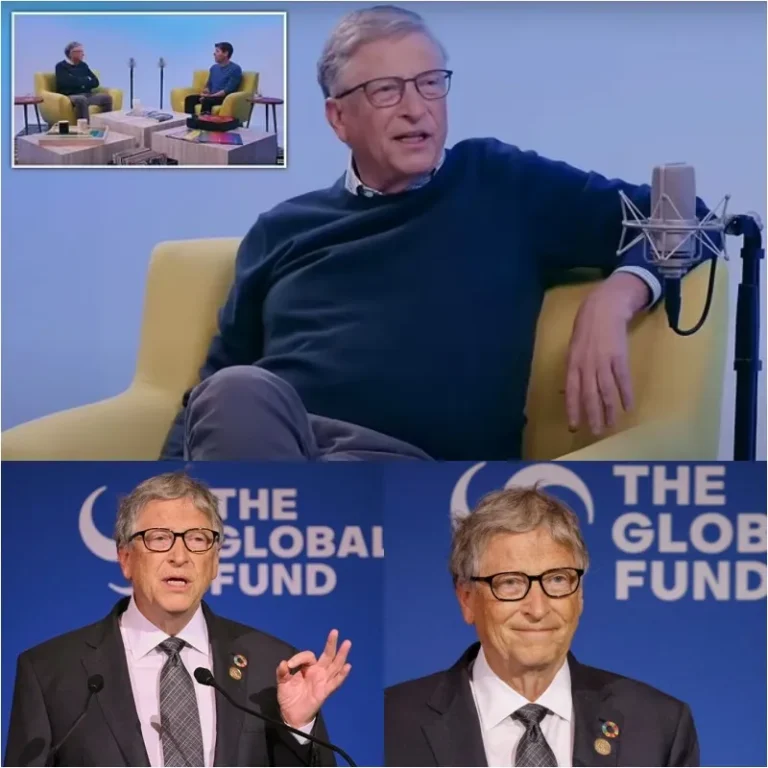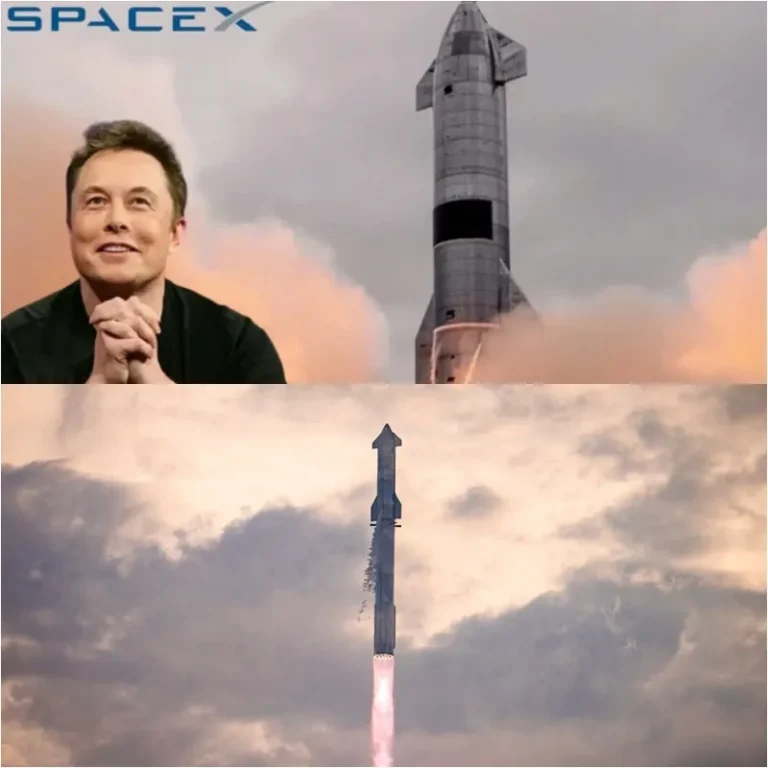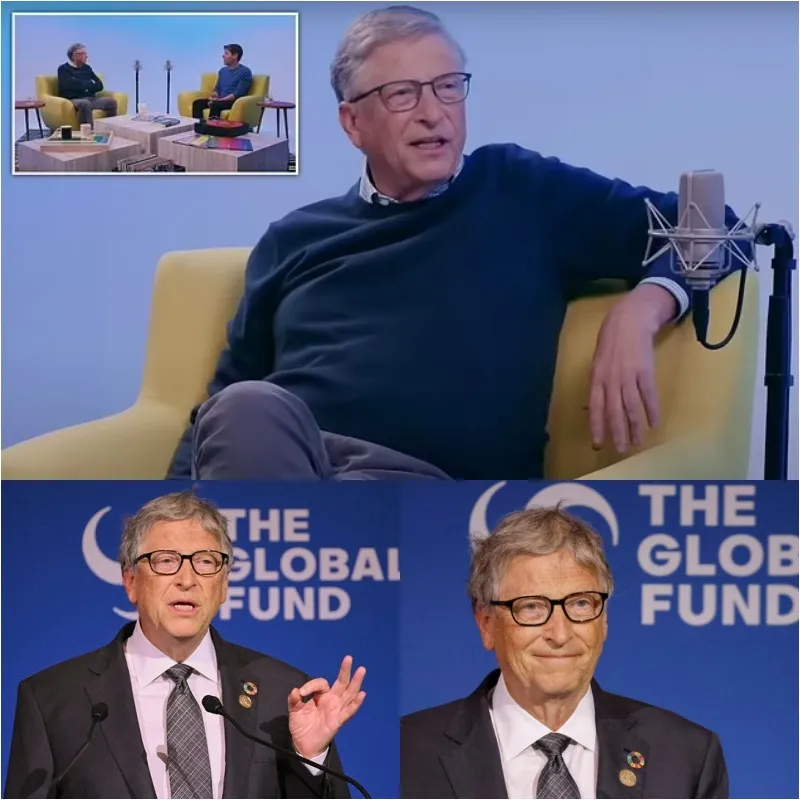
Bill Gates, co-founder of Microsoft, has been outspoken about the impact artificial intelligence (AI) will have on the job market. In his blog, he discussed how AI could disrupt a wide range of professions, from content creators and writers to translators and designers. However, Gates also emphasized that AI is still in its early stages, and while it may replace some jobs, it will also create new ones—much like the internet did in the early 2000s.
While Gates acknowledges that many creative professions will feel the effects of AI, he believes that some industries will not only survive the rise of AI but will thrive and grow. Here are three areas where Gates believes jobs will remain not only secure but also enhanced by the advancements in AI technology.
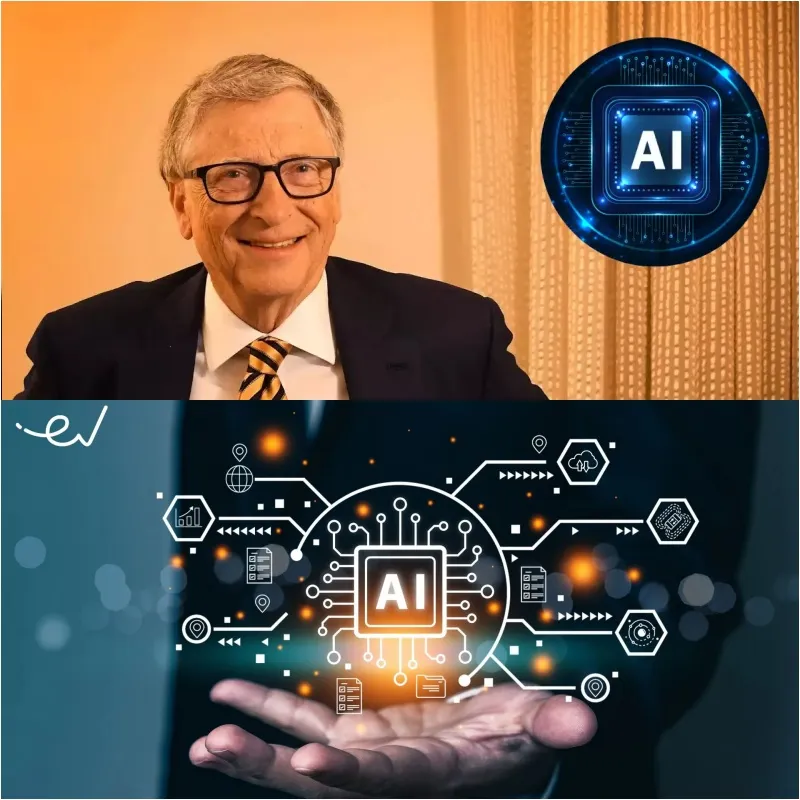
1. AI Development and Implementation
The rapid rise of AI is already reshaping the tech landscape, and this transformation is expected to create new job opportunities in the field. Gates believes that roles related to the development, deployment, and management of AI will not only endure but expand significantly. As AI technology evolves, the demand for developers, engineers, and experts who can harness its potential will continue to grow. These professionals will be essential in deploying AI across various industries, helping businesses streamline operations and improve efficiency.
Writers and content creators may also benefit from AI in unexpected ways. While AI could automate certain aspects of content generation, it also has the potential to enhance productivity. Writers can use AI tools to assist with research, drafting, and editing, enabling them to complete more work in less time. As AI continues to develop, it will create a demand for skilled professionals who understand how to integrate and leverage AI in their work. Companies like Apple have already been hiring talent to fill roles in AI, underscoring the growing importance of this field.
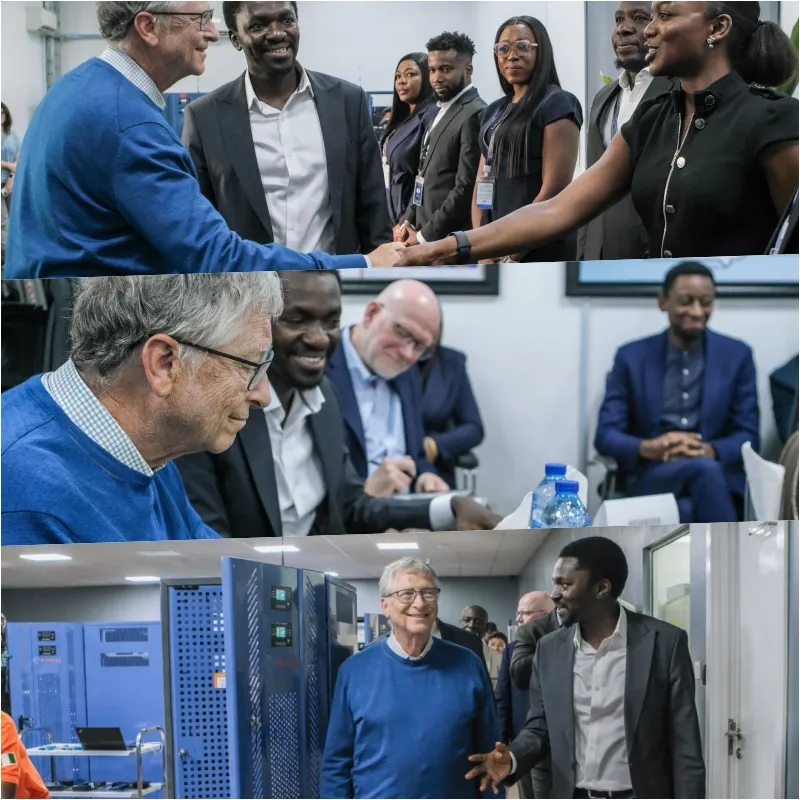
2. Sustainable Energy Jobs
As the world increasingly focuses on sustainability and reducing carbon emissions, the demand for clean energy solutions is expected to skyrocket. Gates predicts that jobs in the sustainable energy sector will remain in high demand and even see significant growth due to AI’s capabilities in optimizing energy systems. Green energy industries, including wind, solar, and other renewable energy sources, are already experiencing rapid advancements, and the need for skilled workers in these fields will only intensify.
The rise of AI could further enhance efficiency in energy generation, distribution, and consumption. For example, AI can help optimize the performance of solar power grids, improve energy storage solutions, and reduce waste in energy production. As more companies like Apple embrace green energy initiatives, such as the development of global solar networks, there will be a need for professionals to manage and innovate within these systems. AI will not eliminate jobs in sustainable energy; rather, it will empower workers to create smarter, more efficient energy solutions that benefit the environment and the economy.
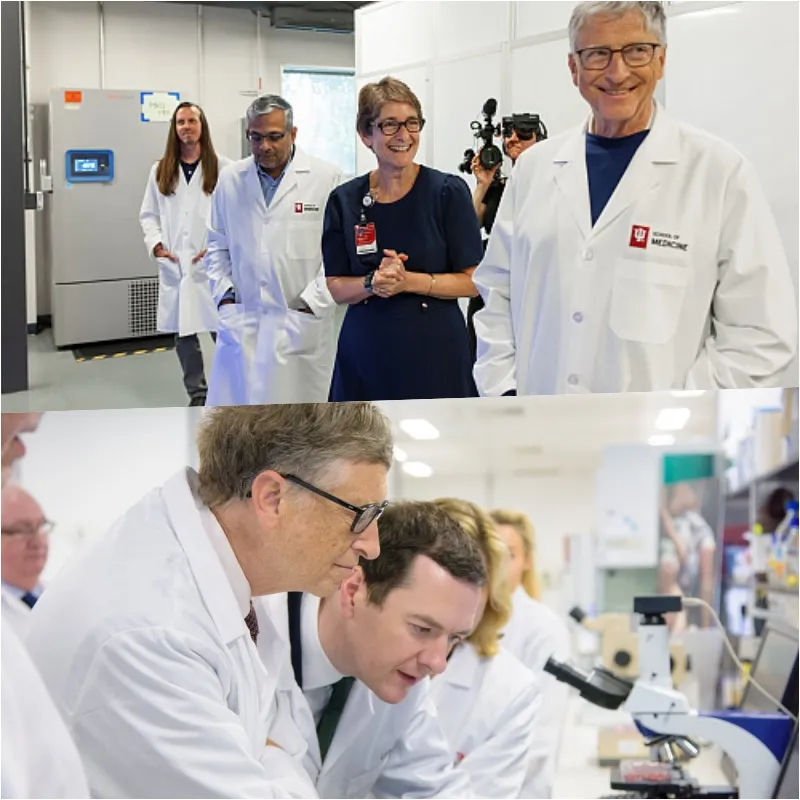
3. Biosciences and Healthcare Jobs
Biosciences and healthcare are two areas that Gates places particular emphasis on when discussing the future of work in the age of AI. As the global population continues to grow, and with people living longer than ever before, the demand for healthcare professionals will remain strong. AI is expected to play a significant role in transforming healthcare, particularly in preventive care and personalized medicine.
Gates highlights the potential of AI to assist in research and development of cures, improve diagnostics, and support medical professionals in providing more efficient care. One example is the health features of the Apple Watch, which are already making significant strides in monitoring health metrics and preventing diseases. In the future, AI could further enhance the ability to detect conditions early, provide customized treatments, and improve patient outcomes.
In addition to medical professionals, the field of biosciences will require a growing workforce of researchers, scientists, and technicians to develop and apply these new AI-driven technologies. As the healthcare sector continues to evolve, AI will not replace jobs but rather enhance the capabilities of healthcare providers and expand opportunities for innovation in medicine.
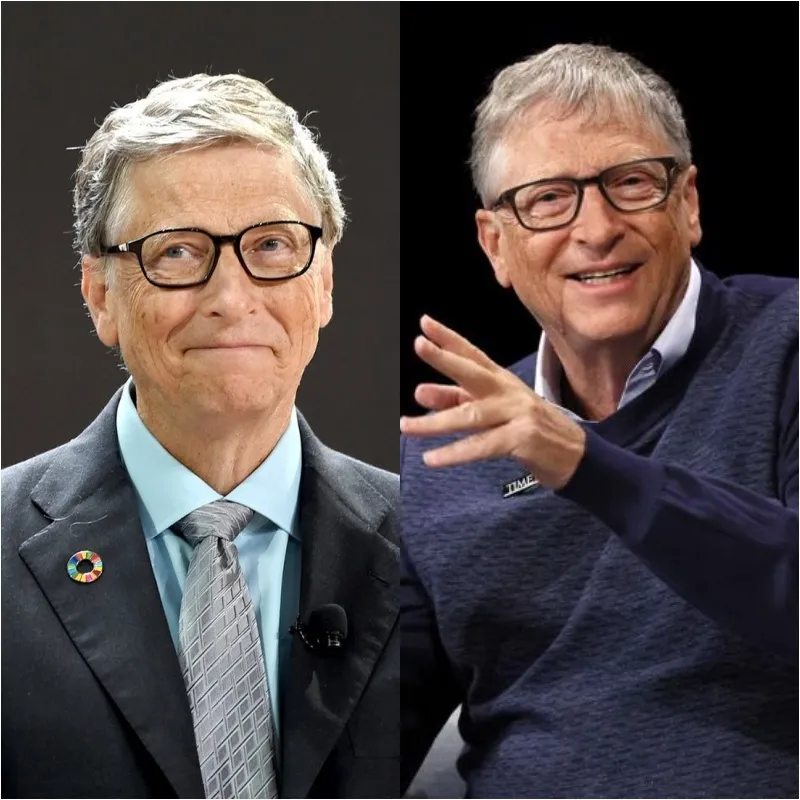
AI’s Role in Job Creation
Bill Gates believes that while AI will undoubtedly change the landscape of many industries, certain jobs and fields will thrive in the AI-driven future. AI development, sustainable energy, and biosciences and healthcare are just a few sectors that will continue to grow, with new opportunities emerging as technology evolves. Gates sees AI as a tool that, if used properly, can lead to more efficient, innovative, and sustainable solutions, creating new roles and boosting productivity in the process.
As Gates continues to integrate AI into his own work, he remains optimistic about the long-term potential of this transformative technology. While AI may initially disrupt traditional job markets, its ultimate impact could be a net positive, fostering the creation of new industries and roles that we may not yet fully comprehend.



